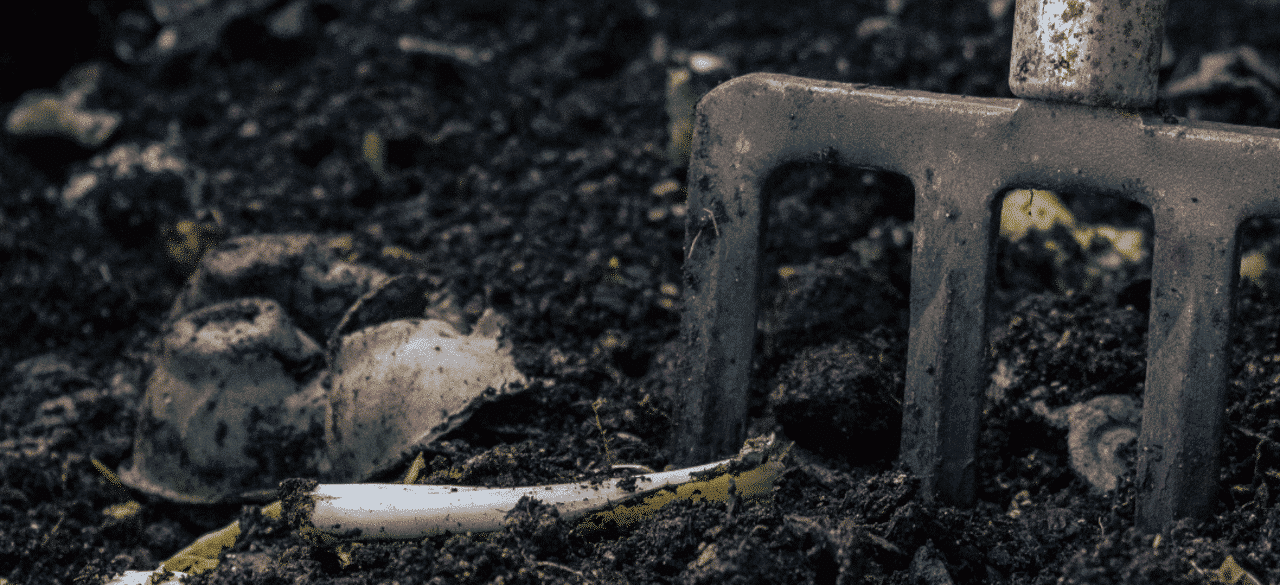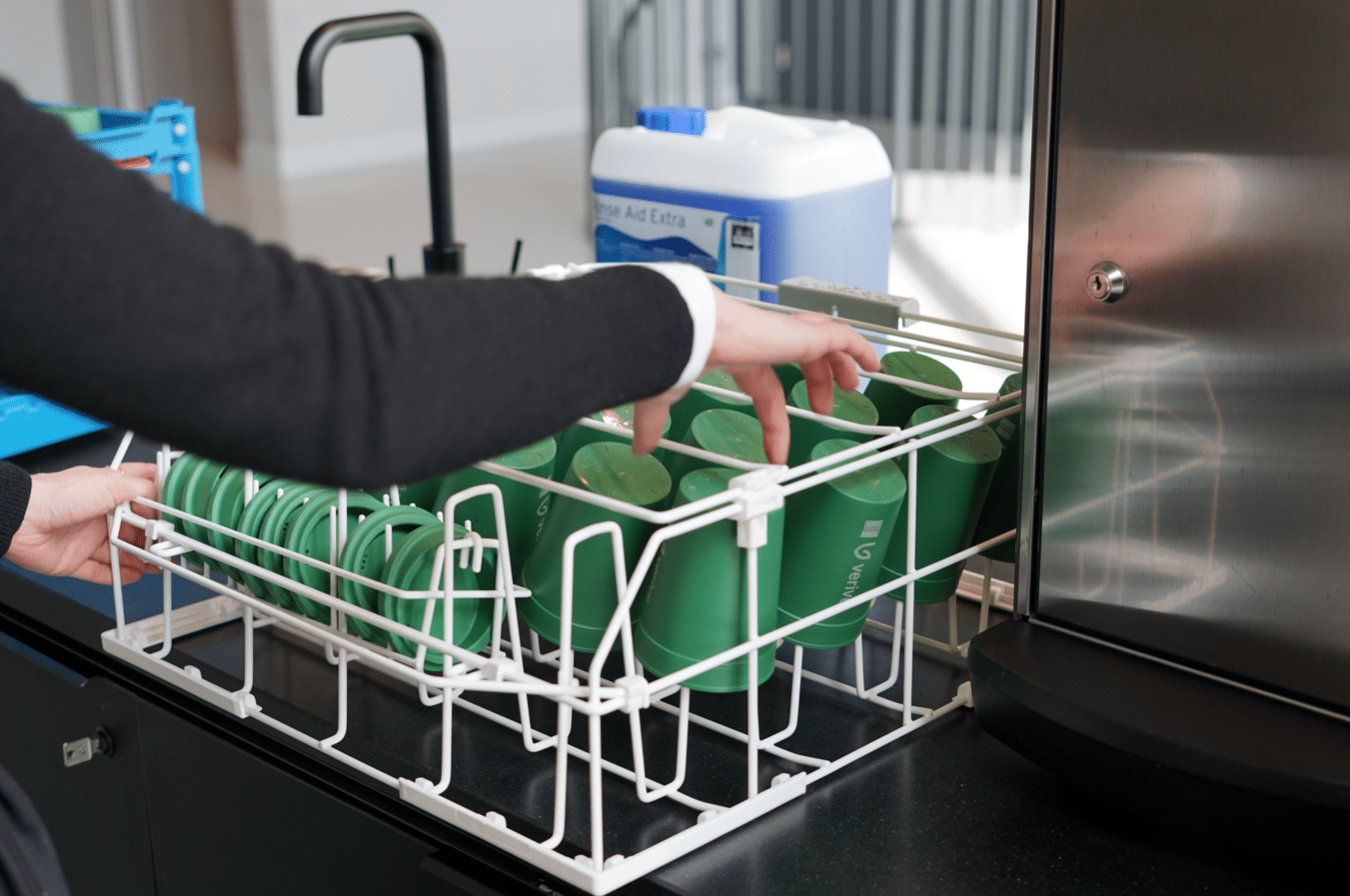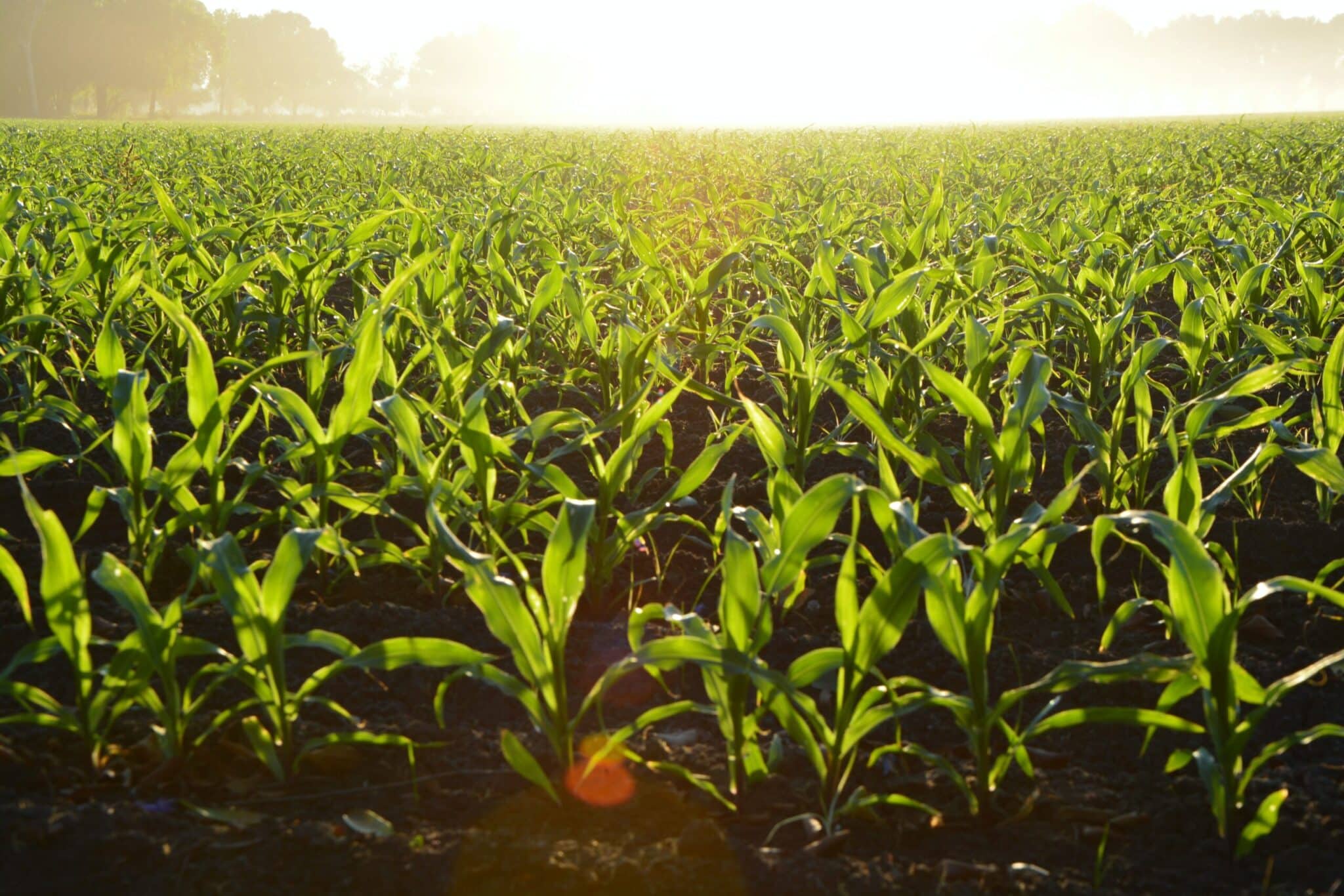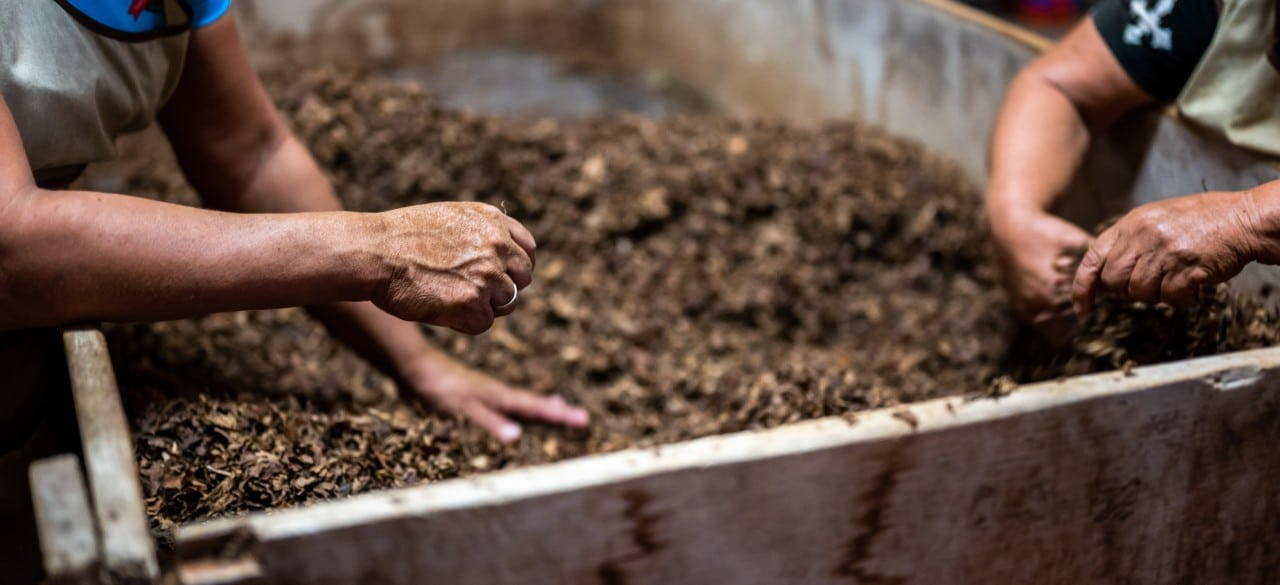About this article
Soil health matters to us at Verive because we care about sustainable waste management, climate change, and circularity. That’s why this year, for World Soil Day, we want to celebrate composting and its role in reducing waste and promoting soil health.
Why soil health matters
Healthy soil is not just a place to grow food; it creates energy and raw materials, supports carbon sequestration, water purification and infiltration, nutrient regulation, pest control, and is even a site of recreation. In other words, maintaining healthy soil is key to reaching global sustainability goals and ensuring food security.
Healthy ecosystems and human well-being depend on good soil management. And good soil management is important for other reasons too. Many alternative packaging materials are responsibly sourced from non-edible plants, which also require nutrient-rich soils. Healthy soils helps fuel sustainable agriculture and are a key part of circularity in waste disposal systems.
The theme of this year’s World Soil Day focuses on salinization because salt-affected soils experience decreased productivity and increased erosion. As this highlights, soil health is at risk, both in Europe and globally. The European Compost Network estimates that nearly 13% of European soil is affected by moderate to high erosion, which can be calculated as a loss of agricultural production of €1.25 billion per year. And by 2050, large parts of Southern Europe are likely to become desertified. Given their crucial role in climate, water, and nutrient systems, we cannot allow soils to become degraded or salinized. At Verive, we’re all about composting, given it reduces waste and promotes healthy soils.
Industrial composting and soil health
Most things that grow out of the ground, like vegetables and plants, can be composted. But it’s not just kitchen scraps that can be composted and applied to soils to improve health and decrease salinity. Thanks to technological advances, packaging and materials made from plants (e.g., bamboo, bioplastics) like ours can also be composted at industrial facilities and then applied to agricultural lands.
In fact, a product is classed as compostable when it’s made from parts (including inks and adhesives) that break down under specific conditions within a relevant time frame. That means if someone put compostable packaging in their home composter or accidentally littered, it would not break down by itself. So yes, it’s compostable, but it’s only compostable using industrial composting facilities.
Industrial composting takes place at facilities with high temperatures of around 50 – 65˚C or higher (domestic systems only get to around 45˚C), where organic waste is carefully monitored and treated with the right temperature, oxygen, and moisture to accelerate degradation and speed up the process. However, like home composting, the output of this process can be mixed with soil and applied to agricultural lands. There’s also a subset of industrial composting facilities known as ‘anaerobic digestion’ facilities, which compost without oxygen. This process produces biogas, which can be used as energy.
Along with Verive products and packaging, here are other materials that can be industrially composted depending upon the facilities in your area:
- Meats, including chicken bones
- Fish bones
- Avocado and mango pits
- Dairy
- Baked goods
- Bio-solids
- Manure
- + Anything you can compost in a home bin
Added bonus: Applying the resulting compost to soils can prevent salinization. One way to keep salts from building up in soils is by using compost and/or green manure. Switching from synthetic materials to natural fertilizers from compost will prevent salt accumulation and promote the flourishing of micronutrients, protect soil structure, and support water retention.

Circularity and composting: Close the loop
Although there are many ways to promote soil health, many of us, especially those living in urban environments, can only take part in composting through existing local waste management strategies. That’s another great reason to focus on industrial composting. Here are 3 easy steps to begin no matter how much access you have to outdoor space:
(1) Identify what goods you regularly buy, including packaging, that can already be composted. Then dig deeper into where and how exactly to properly dispose of them.
(2) Check out any green and bio-waste collection services offered by your municipality.
(3) Switch to purchasing compostable goods for your home and business, and encourage businesses you frequent to invest in compostable packaging.
Remember: Having compostable materials is one thing, but ensuring your compostable rubbish ends up where it should be is another.
Learn more in our Compostable Packaging Factsheet:
- The difference between industrial composting and home composting
- The difference between compostable and biodegradable?
- The difference between composting certificates
- The number of industrial composting facilities in The Netherlands and EU
Read why we use the term compostable and not biodegradable (and why you should too).










